#post-modern
Text
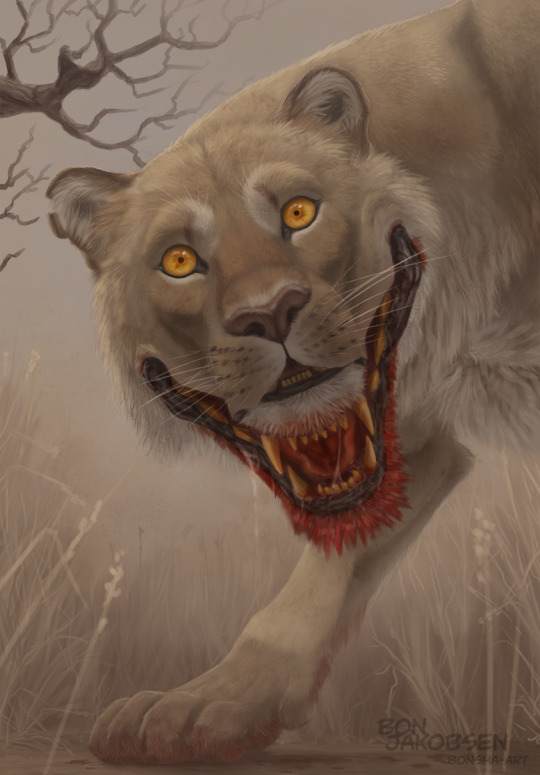
Someone wanted to see some of my older art, so incoming! Probably the most well known one.
4K notes
·
View notes
Note
How would you describe the importance of packs in each type of society? For example, I can see packs being useful in modern society for finding work as the name of your pack can hold a lot of importance/make your resume look good. However, in traditional society, pack are essential for survival in the same way as tribes.
Note - everything is based on the traditional pack, the closer to modern we get, the more we see divergence from that standard.
Traditional - Your pack is your tribe, your town, your community. Packs have geographical permanence in the same way irl people groups did. Important things to note - Packs can have branches that operate similarly to feudalism. There are many people of all dynamics, but there is one main pack leader with several different pack leaders underneath them. Leadership does not need to be based on bloodline, although that's also possible. This often happens when a big pack absorbs small packs into the system - people close to the main pack alpha will be chosen to go lead and establish these new pack off-shoots. Everyone is in a pack, and if you aren't in a pack you're pack-less which is no good. Your pack is your lifeline, and you probably won't leave your pack area ever unless you are married off to another one or hold one of the few pack jobs that requires travel and communication with other packs. Packs are extremely territorial, and you can't go to certain places if your pack isn't allied with that location's ruling pack.
Contemporary - Your pack is still your community but we start to lose that feudalism element. Not everyone describes themselves as being in a pack, but the idea of being pack-less has less weight. You no longer need to depend specifically on your pack for security, food, etc... In the same way that some Americans often refer to themselves in terms of their long heritage (such as Italian-Americans whose closest Italian ancestor was 5 generations ago), people may have a similar feeling to their hereditary pack. Not many people are starting new packs that operate similarly to traditional packs. New packs are more like found families or communities that often don't have a leader or pack organization. If you do have strong pack ties, that could come in handy when it comes to things like getting a job or meeting people. It's the same as being in a sorority or frat, people feel kinship there and alignment with others. You can travel pretty much anywhere except closed-pack lands (unless you have an in).
Modern - Nobody is using traditional pack language and it's seen as antiquated and old-fashioned/conservative to still be actively in one (traditional). It's common for people who live in extremely rural areas to still be somewhat attached to it but other than that most people wouldn't say they're pack-attached. There are very few closed-pack lands, and those places are pretty much 100% closed off to outsiders, It's not like in the contemporary au where you can come depending on your affiliation. These are truly closed communities. If you list your pack heritage on a resume or official document you are either a super old person, or it's assumed you have some elitist/ultra-conservate viewpoints. More people now use packs to describe their community or group of friends or found family, but this is more anecdotal because packs don't have names, they don't have location permanence, they don't have an internal economy, etc.. Unless you are from a royal bloodline the name of your ancestors means less than nothing.
Post-Modern - There isn't necessarily a post-modern view because a post-modern view acknowledges the simultaneous existence of multiple cultures, religions, and customs within a single world. There is no common way of things "universally" in this world, the norms with be derivative of the culture in which the story takes place. p
#omegaversetheory#askanswered#packs#a/b/o#omegaverse#a/b/o headcanons#traditional#modern#contemporary#post-modern#alpha beta omega#a/b/o dynamics#omegaverse au#a/b/o au#omegaverse dynamics#omegaverse headcanons#pups
40 notes
·
View notes
Text
Pls share :)
#music#polls#classical music#love classical music#tchaikovsky#brahms#strauss#debussy#bach#beethoven#handel#mozart#arvo pärt#romantic#baroque#impressionist#neo-classical#post-modern
46 notes
·
View notes
Photo

298 notes
·
View notes
Text
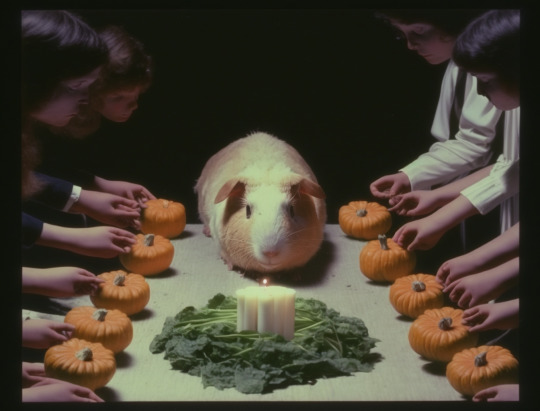
Offer sacrificial pumpkins to the PIG
14 notes
·
View notes
Photo

https://archive.org/details/supplementumepig0000unse_x8x3/mode/2up?q=driftworks
This book offers an historical and critical guide to the concepts of the post-modern and the post-industrial. It brings admirable clarity and thoroughness to a discussion of the many different uses made of the term post-modern across a number of different disciplines (including literature, architecture, art history, philosophy, anthropology and geography). It also analyses the concept of the post-industrial society to which the concept of the post-modern has often been related. Dr Rose discusses the work of many theorists in the area, including Hassan, Lyotard, Jameson and the architectural historian Charles Jencks, and also looks at analyses and uses of the concepts of the post-modern and post-industrial by Frampton, Portoghesi, Peter Fuller and others.
11 notes
·
View notes
Text
Just saw a video like "um actually rocky horror isn't good queer representation because frank sexually assaults janet" girl he kills and eats people. It's called the rocky HORROR picture show not the rocky cute gay rep tw t-slur picture show
#your first mistake was watching a camp 70s horror movie for the RePrEsEnTaTiOn#sorry that the crossdressing cannibal isnt a genderq****r soft uwu bisexual he/they#modern retelling where instead of killing him riffraff and magenta explain why SA is bad and wrong and frank posts a notes app apology#im not watching rocky horror for the rep im watching it to see transsexual fags kill people
27K notes
·
View notes
Text
i think that gay sex cats is the new duchamp's fountain
#if youre getting mad at it now you would have been mad about modern art in the 1920s too#this is what people mean when they say that some people are no different than greek statue pfps getting all RETVRN abt art#also pack it up there's better posts on the automation of art and art philosophizing#too much people reblogged this for the quote unquote ethical painting. scram
25K notes
·
View notes
Text

Alexander Courage: Star Trek - From The Original Pilots: "The Cage" & "Where No Man Has Gone Before" (GNP-Crescendo, 1985)
Tracklist:
Star Trek "The Cage"
A1 Star Trek Theme (Main Title)
A2 Doctor Bartender
A3 Survivors
A4 Prime Specimen
A5 Bottled
A6 Probed
A7 Monster Illusion
A8 Monster Fight
A9 The Kibitzers
A10 Vena's Punishment
A11 Pike's Punishment
A12 Picnic
A13 True Love
A14 Vena's Dance
A15 Torchy Girl
B1 Under The Spell
B2 Primitive Thoughts
B3 Wrong Think
B4 To Catch A T.
B5 Going Up
B6 Max's Factor
B7 Star Trek Theme (End Title)
Star Trek "The Cage" and "Where No Man Has Gone Before"
B8 Main Title
B9 Star Date
B10 Episode Titles
B11 Force Field
B12 Silvery Orbs
B13 Crippled Chip
B14 Speedy Reader
B15 Hit The Button
B16 On Delta-Vega
B17 When Your Eyes Have Turned To Silver
B18 Instant Paradise
B19 End Title And Credits
B20 Additional Credits
Credits:
Composed By, Conductor – Alexander Courage
Executive Producer – Neil Norman
Cover, Design – Ed Francis
Engineer – Jim McMahon, Bob Margouleff
Supervised By – Wilbur Hatch
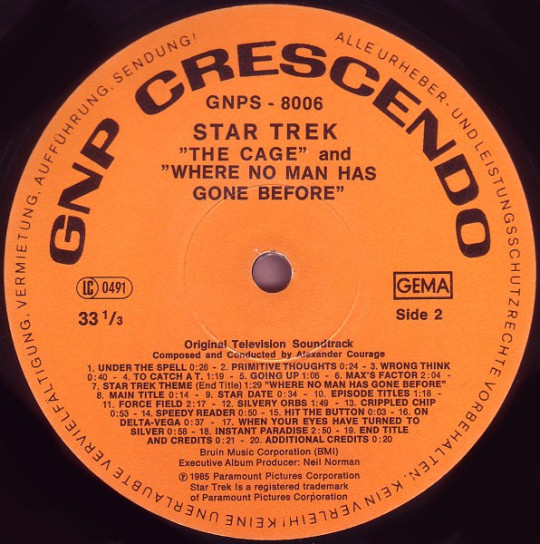

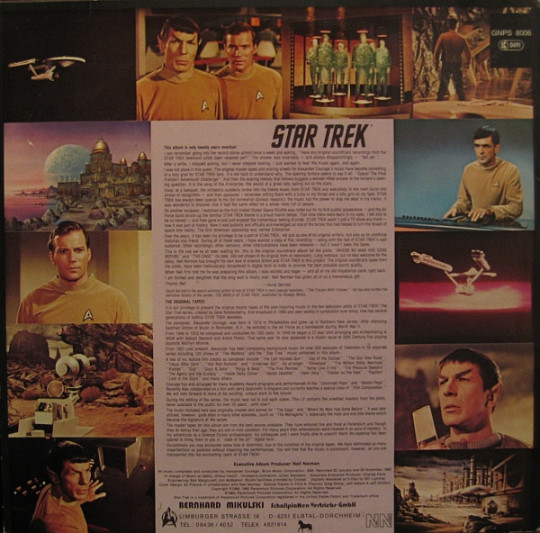
#vinyl#vinylcollection#lp#neo classical#scores#Post-modern#tv#soundtrack#album cover#record#vinyl collector
1 note
·
View note
Text
AITA for not telling my fiancé I know he’s queer?
I 20s (F) have a 20s (M) fiancé, V, and he’s been talking about this terrible secret he cannot tell me and he keeps almost starting to come out and then backing out. The issue is V and I were raised together by his parents, and my surrogate 40s (M) father and (now deceased) surrogate mother arranged for our marriage back when we were both children. They thought it was the best for us and at the time we were too young to realize the implications and had no reason to reject to the match. When we were teenagers our mother was on her deathbed and she told us again that she wished for us to marry, and of course we both agreed. However, V is also best friends with a 20s (M) guy called H, and they were nearly inseparable as boys and teens. They also went to university together and shared an apartment but V had to come home due to family reasons. Lately he’s been going out all day and coming home at night hours later. He insists that he’s fine and that we all leave him alone and not worry for him, but I think he and H have been sneaking around. He even delayed our wedding day by arranging a trip to go to England alone with H. It’s exhausting for all of us and I think I should just tell V I know and support him and that we can call off the marriage, but I’m not sure that’s the best course of action? I’m completely fine with not marrying him - he always felt more like a brother to me anyway - but I worry it might come off wrong. The worst part is he’s really beating himself up about it. He’s so guilty it’s beginning to take a toll on his health. I don’t care if he has a boyfriend I just want him to be happy.
EDIT: nvm he built an 8ft creature in his dorm
#rob.txt#frankenstein#frankenstein the modern prometheus#victor frankenstein#henry clerval#elizabeth lavenza#gothic lit#inspired by that spider-man post.
19K notes
·
View notes
Text
Poll #1
READ BEFORE VOTING :)
Traditional - rigid social norms and hierarchies (ex: you can't do that you're an omega!), scents, animalistic heats/ruts, packs, war, dynamic > gender, mating, traditional gender roles are imposed (even if your characters actively fight against them), majority polyamory or familial based packs, ancient/medieval/pre-1900s technology/time. Knotting = mating bond, mating bites can be present.
Contemporary - semi-flexible but present social /dynamic hierarchies (They are an alpha, it's respectful to listen to what they have to say), dating and courtship either anywhere between traditional and modern, polyamory common, dynamic is slightly more important than gender in society, familial/harem/community-based packs, fantastical heats/ruts/and mating, knotting and mating are not the same thing, mating bites, soulmates/soul marks, any technology/time period.
Modern-dynamic hierarchy used to be a thing but is no longer the way society is structured, some dynamic and gender-based social norms (ex. I can't believe that alpha is a kindergarten teacher, i wonder what their parents think!), modern/nearly modern dating and courtship, traditional gender roles in the background, dynamic and gender are equally important in society, found family packs, polyamory uncommon, 1900s-present technology/time, realistic heats/ruts (no rut rage, no wildly uncontrollable urges that last for days, no fountains of slick, etc.. these are just quirky biological processes, the increased mating drive does not become "fantastical"), mating bond = emotional commitment.
Post-Modern - the coexistence and explicit mention of multiple countries, multiple languages, multiple cultures, and customs that inform feelings towards dynamics. Mating, packs, and social hierarchies, neither dynamic nor gender is the focus of the characters or the plot, heats/ruts more biological than sexual, 1950s-close future time period.
#omegaverse#a/b/o#omegaverse headcanons#a/b/o headcanons#omegaverse au#a/b/o au#alpha/beta/omega#traditional#modern#contemporary#post-modern#omegaversetheory#poll#reblog this#types of omegaverses#omegaverse tropes#thebasics#contemporary omegaverse#traditional omegaverse#modern omegaverse#post-modern omegaverse
34 notes
·
View notes
Text
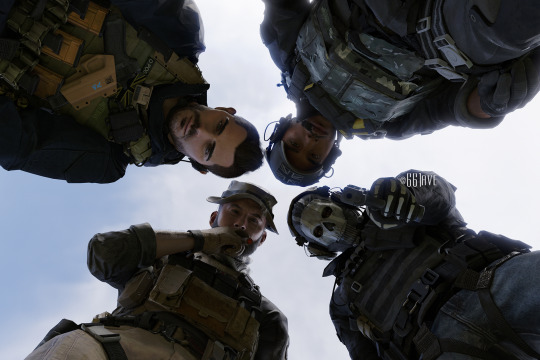
#'wake up ave time to post new renders'#tf 141#call of duty#cod#simon ghost riley#simon riley#kyle gaz garrick#gaz cod#john soap mactavish#soap cod#captain price#john price#price cod#cod mw2#modern warfare 2#mw2022#661ave
10K notes
·
View notes
Photo

88 notes
·
View notes
Text

3 notes
·
View notes
Photo
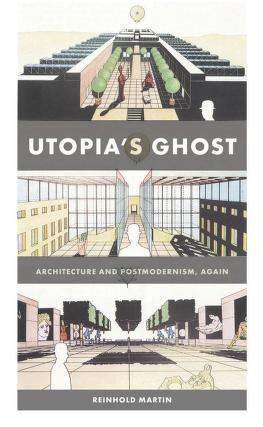
https://archive.org/details/after-utopia-the-decline-of-political-faith-by-judith-n.-shklar-z-lib.org/Utopia%E2%80%99s%20Ghost%20Architecture%20and%20Postmodernism%2C%20Again%20by%20Reinhold%20Martin%20%28z-lib.org%29/
WHY POSTMODERNISM, yet again? Is it not either too late or too early, too academic or too obvious, to return to that moment when architec- ture was taken up by so many thinkers for its evidentiary status, as mark- ing a momentous interruption, or at least detour, in modernity’s path? Today, when the conversation has turned in so many ways toward the prolongation, recovery, or multiplication of modernity itself, what would be the point of reactivating a term as vague and as apparently exhausted as postmodernity or its cultural accomplice, postmodernism?!
To speak of postmodernism today as anything other than a lapsed his- torical phenomenon or as a fait accompli may seem quaintly anachro- nistic or even parochial. But simply to historicize it, whether as a stage in the intensification of capitalist decadence, a coherent intellectual pro- ject, or a passing fashion, seems equally inadequate and, in many ways, premature. Exactly this untimeliness, this asynchronicity with respect to the concerns of the present and those of a more distant past, has defined the postmodern in its various guises and continues to require analysis and interpretation. This is especially true now, when watchwords of the modern like “crisis” have returned to the scene. In short, like the modernity to which it in many ways still belongs, the postmodern continues to pose historical and theoretical problems, which I address here through the refractory prism of architecture.
In this light, architecture appears as a cipher in which is encoded a virtual universe of production and consumption, as well as a mate- rial unit, a piece of that universe that helps to keep it going. At the very moment when so-called postmodern architecture jettisoned modern- ism’s “machine aesthetic,” it revealed itself to be part of anew machine as well as a representation of that machine.
2 notes
·
View notes